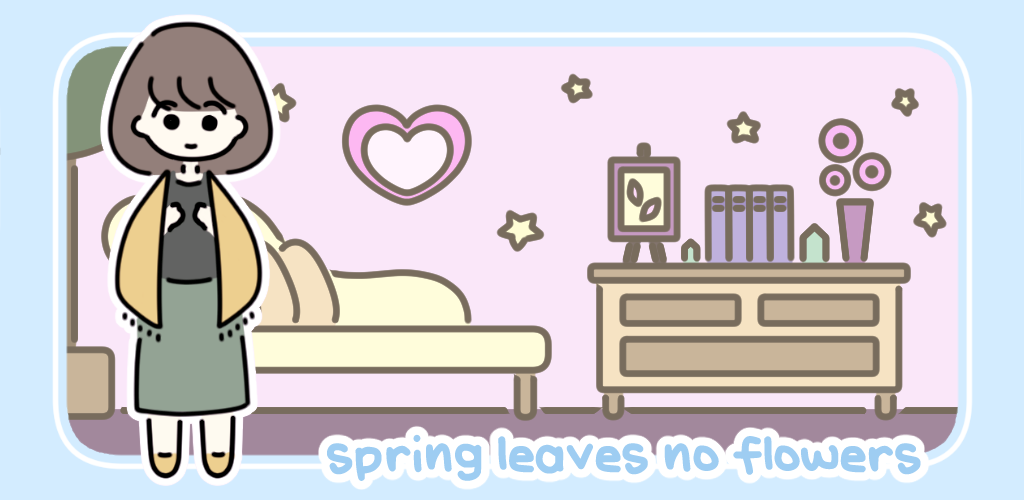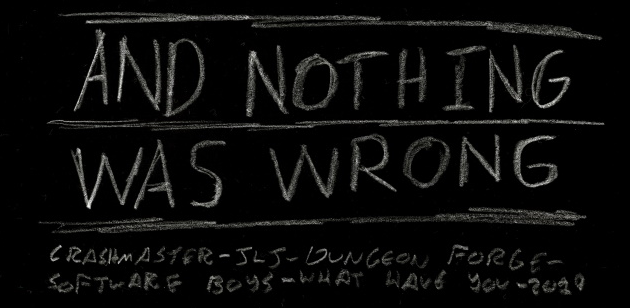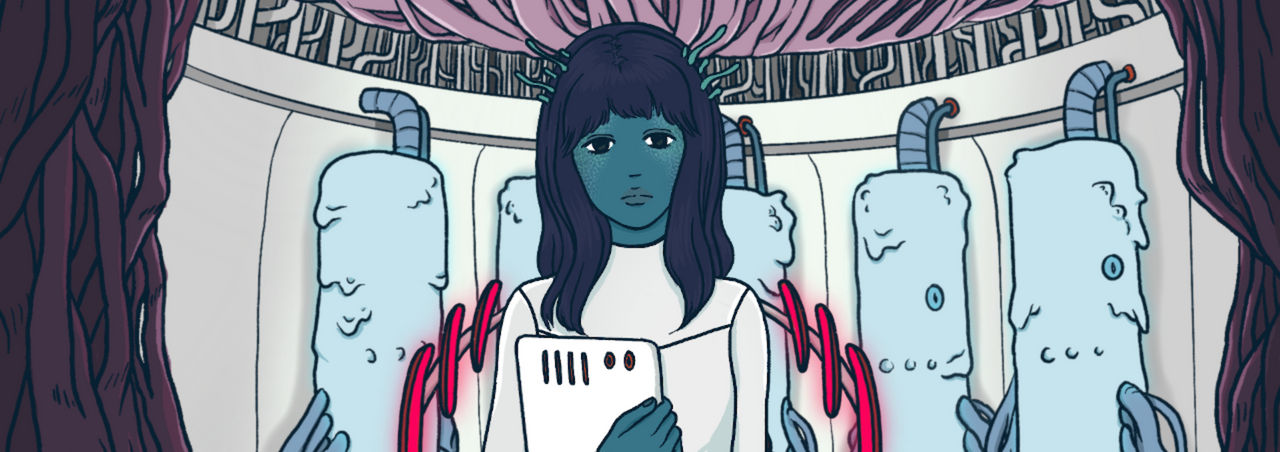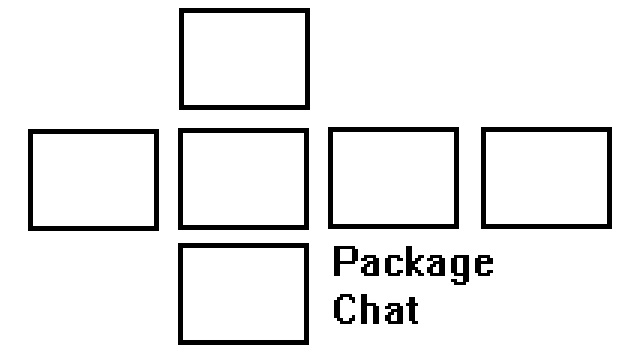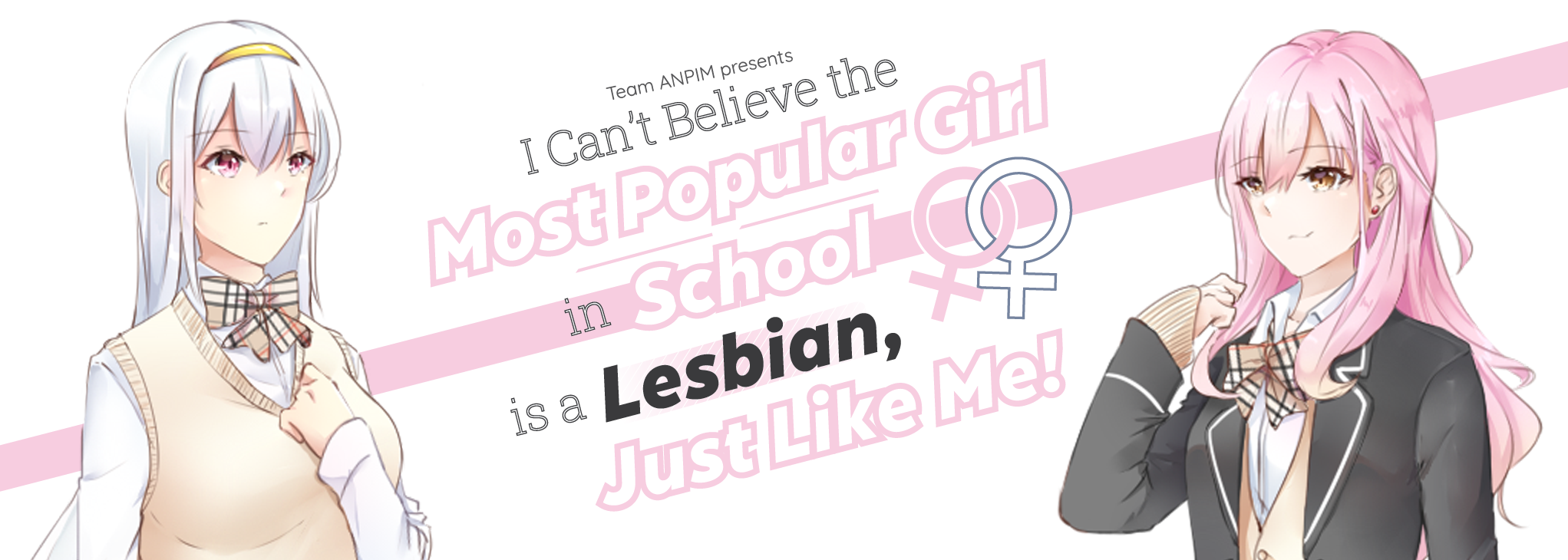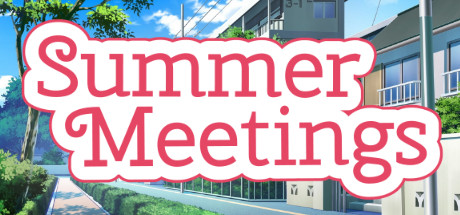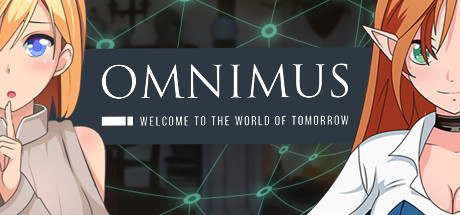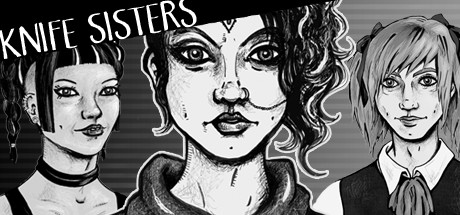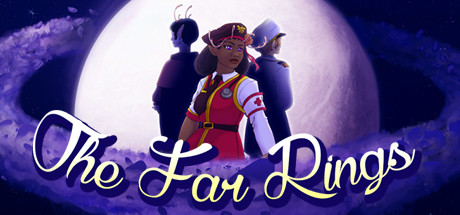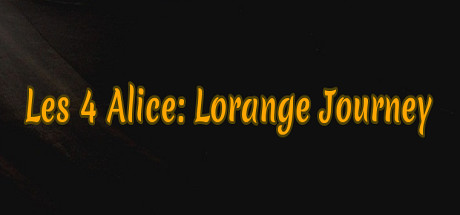This interview was originally published on Fuwanovel Forums on May 4th 2018.
In March I've brought you two interviews with notable yuri and otome OELVN developers, talking with Nami and Reine Works' founder, Jackie M. Today, however, we're venturing into the world of very, very traditional romance (with equally high levels of cuteness), as my guest is ds-sans, the author of a lovely freeware VN Sounds of Her Love (be sure to check my review of that game) and the upcoming commercial title Chemically Bonded. I encourage you to join us as we discuss the place of all-ages romance in the VN scene, the role of voice acting in OELVNs and more.

Plk_Lesiak: Welcome and thank you for accepting my invitation! While many people in the VN community might recognize your nick, they probably don’t know much beyond that. Could you tell us a bit about yourself?
ds-sans: I wouldn't really say that I'm that interesting. I'm currently an undergraduate student at university in the UK studying geography, with an interest in anime and related media in my spare time. (Although, that's died down in recent years.) If I were to describe my current background, it'd be fairly cliché, just like the stories of my VNs. I started developing VNs in 2015, while I was 16, but really showed an interest in January 2014. I didn't make it that far though and only really came back to it to prove that I could do something if I tried.
PL: Sooo... Where did the "ds-sans" label come from?
ds: In all honesty, I don't think the name really means anything. From what I remember, I think I honestly scrambled a few letters together from a car's registration plate, but this was a good 4 years ago. To clarify though, it has nothing to do with Japanese honorifics at least. I'd only started getting into anime a few months prior and still had no clue as to their usage.
The story itself isn't that special, but the name stuck and at this point, I feel that it's too late to change it.
PL: You create rather tame, cute romances in a market that seem to reward ecchi and h-content over anything else. Why this formula?
ds: Pure romance novels have always been very diverse in the EVN industry, in my opinion. From what I've personally seen, many of the tamer romance titles are either a lot more Western in style or are low-scale non-commercial in nature and target a different audience. As far as I'm aware, there are relatively few commercial B x G titles with no 18+ content which take significant influence from Japanese VNs.
Reading Clannad was really influential in my decision to focus on cute romance stories as I wanted to emphasize emotional connections between people over physical. If I were to add scenes like that into the stories, they'd need to supplement that motive as opposed to attracting more sales or getting people off. Katawa Shoujo is a good example of a VN which does h-scenes in this way. It's the formula which my inspiration is driven from, but it's not as if I'm not open to expanding into different genres for different audiences in the future.
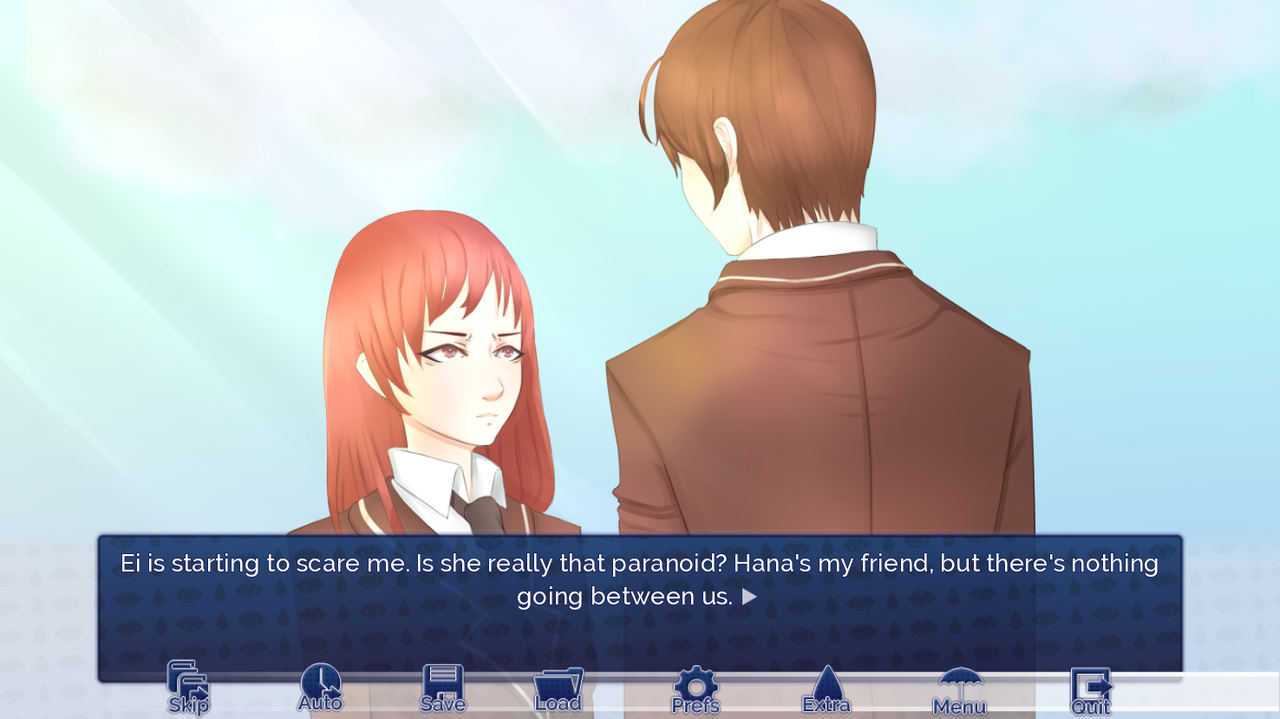
Lost Impressions
PL: Your first VN, Lost Impressions, used some pretty heavy themes and drastic plot developments. What inspired that project and what do you think about it today?
ds: Lost Impressions is definitely the 'black sheep' of my VNs, but I feel that's because it was the first. At that point, I didn't really have much of an idea as to what I was doing and a lot of the inspiration came from the early animes I was watching. A fusion between the cutesy romance shows and series such as Higurashi and Mirai Nikki. I just wanted to get something out there.
I can't say whether I hate it or love it, really, it just sticks there in my past as an obscure title. There are definitely parts of it I think could be better conveyed, looking back. It's something I'd like to do one day. 36,000 words wasn't nearly enough for what I was trying to convey, especially when it's split between three routes. The development process too is just as confusing as the plot itself. Most of the resources that were original to the game were sourced through work/art trades or volunteer work. A lot of that depended on just sticking with what was done, which is why there's about 5 different art styles. Still, I'd never say that I regret making it.
PL: You consistently use Japan as the setting for your VNs. Why set a Western-made game – and a one with English voice acting on top of that – in Japan?
ds: One of the main reasons I take Japan as the setting for the stories comes down to the freeware nature of my first two VNs. Finding backgrounds for the games which would fit into a global range of scenarios was a challenging task at the time, with many having Japanese itself somewhere visible in the image. It's not something I minded, since at the time it aligned with my anime interests, but now that I'm starting out in the commercial market, getting custom assets is a lot easier. Even though everything in Chemically Bonded is unique, I still felt that setting the story in Japan would be appropriate to get the interest of my target audience. Writing stories set there accurately is the biggest problem about it though, which is why with Sounds of Her Love I took the approach of setting the story in an international school to avoid cultural discrepancies.
With the voice acting, it really comes down to my reasoning behind having it in the games in the first place.
PL: Staying on that topic then, you're one of the relatively few OELVN developers who seem to consistently rely on voice acting. What's your rationale behind including VA in your projects?
ds: Hiring voice actors is honestly one of the most ignored gems of making a visual novel, at least for projects with an emphasis on the story. Having an idea of how a character might sound or react in your head is one thing, but guaranteeing that each reader will think the same is another. It's one thing to add a s-s-stutter to the dialogue, but hearing the nervousness and embarrassment in a VAs voice really sells the emotions and feelings of a character and adds to the situation.
It's also easier to add personality to the characters too. In Chemically Bonded, Kiyoko is a lot more upbeat and cute whereas Naomi is blunt and insulting. Writing the lines for that is easy enough, but connecting a voice to them that suits the characters I feel allows readers to really grasp their personalities quicker than with just plain text. With voice acting, selling the scene is a lot easier and really helps to convey the story to the reader. You also get to work with really great people too, which is always wonderful to be able to do as it not just builds a community of players around the VN but a community of different people working on the project (in a way, a temporary studio of freelancers?).
I don't think Sounds of Her Love or Chemically Bonded would have done as well as they might without the use of voice acting in them.
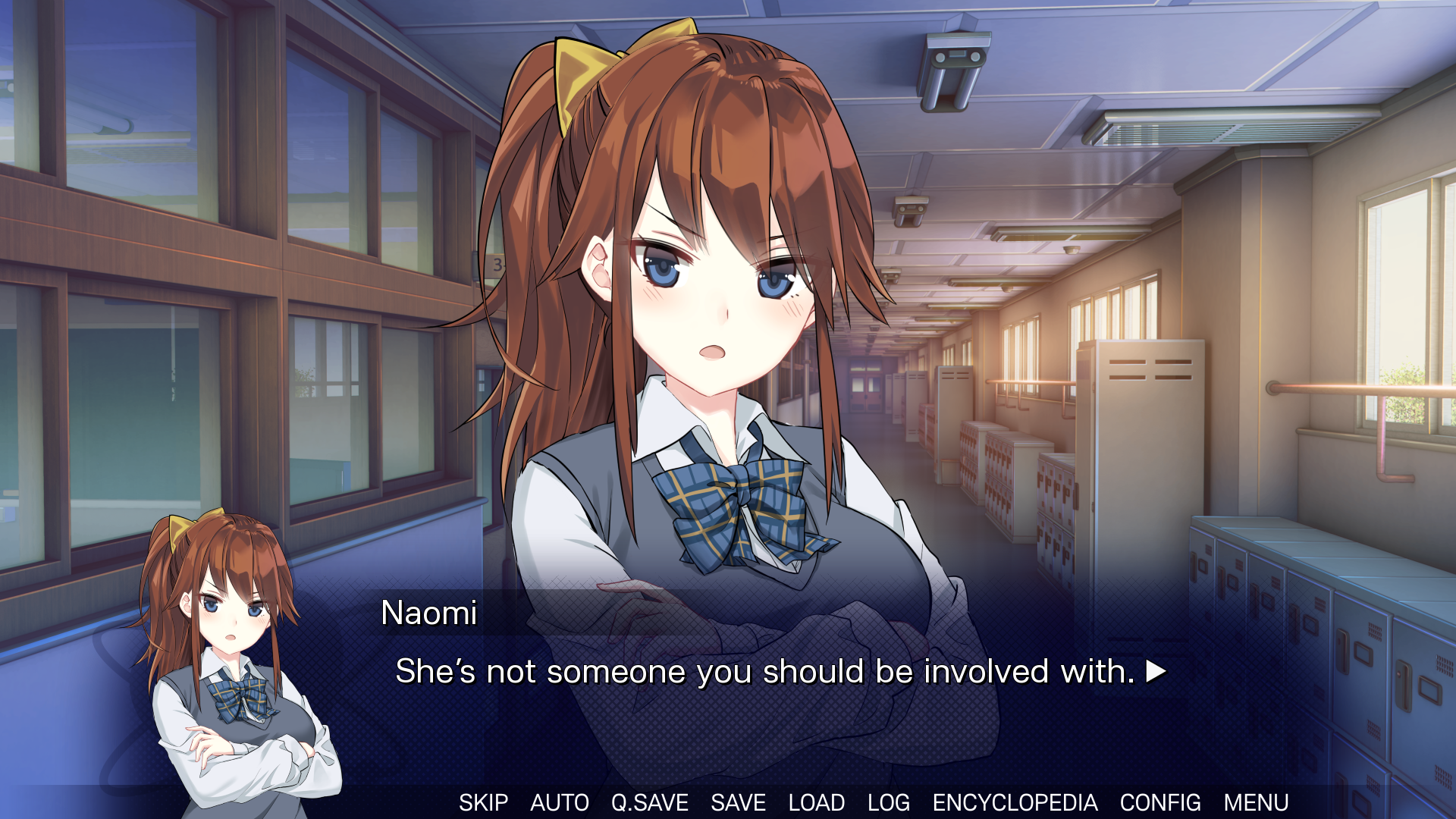
Chemically Bonded
PL: How would you describe your experience with implementing VA in a larger project such as Chemically Bonded? Have you struggled with any aspect of it?
ds: There haven't really been any major problems in having VA in Chemically Bonded so far. You have to account for the rate of people's work and your own ability to describe clearly how each character should sound. Most of the struggles just come from implementing that many lines into the game, especially when there's an increased focus on the conversation between the characters. Ensuring that each line is clear too is another minor thing. It's not something that usually happens, but it's always something you have to consider when having VA in a project. So far, working with the voice actresses in the project has been a wonderful experience.
PL: Sounds of Her Love, your second freeware game, had pretty high production quality and gathered quite a lot of attention. Did you make it with the switch to commercial VN projects in mind?
ds: Sounds of Her Love was really intended to be my last project at the time of starting development. After releasing Lost Impressions, I felt the need to produce something of a higher quality before really giving up on producing VNs. I never really intended to go commercial until after SoHL was released, since I didn't expect it to get that much attention.
The budget for the entire project was around $300, allowing me some leeway with hiring artists with the style I was after (the sprite artist for SoHL now working with us on Chemically Bonded as both the sprite and CG artist). The real reason I decided upon producing a commercial VN was after working for DEVGRU-P on their game Stay Stay DPRK and using the funds from their payment to invest into a Kickstarter campaign.
PL: Speaking of DEVGRU-P, they act as a publisher for both SoHL and Chemically Bonded and you seem to have a close relationship with them – in the era where self-publishing on Steam and other platforms is an easily accessible option for VN creators, do you think there's any major benefit to such cooperation?
ds: Publishing is probably one of the harder aspects of developing a commercial title. I wouldn't call our relationship that 'close', since I've really have had complete independence in creating and managing my projects, but it really is 'ideal' for a developer-publisher relationship. They're really great to work with and have picked up a few other EVN groups which I believe them to help out considerably more with certain aspects.
The only real downside to having a publisher are some limitations with managing the sales and figures of the title. I have considered self-publishing, but right now having the support of a larger entity is a real benefit and I would recommend it for people starting out with commercial game development. I can't speak for all publishers, but working with a group with an ability to provide support and additional marketing truly helps.
PL: Coming back to Chemically Bonded. Even though you reached the first stretch goal, your Kickstarter was a pretty close call, being funded less than 48 hours before the deadline – did it teach you anything about crowdfunding and would you do anything differently when attempting another campaign?
ds: Social media and the importance of reaching out and spreading awareness was definitely something I took out of running Chemically Bonded's Kickstarter campaign. The work doesn't end after you launch, a lot of effort had to be put into marketing the campaign, you can't just rely on the hope that people will come across it through Kickstarter itself. Twitter was one of our biggest platforms for spreading awareness, but it reached a point where it stopped being useful in gathering interest. Contacting game/anime/VN journalism outlets was a key help in getting us past the funding goal.
One real regret is not releasing a demo for the project to go alongside the campaign. At that point, there weren't enough assets to really create one and even then I was against the idea, but having gone through most of the latter half of the campaign with the assumption that it'd fail to meet the goal, I changed my mind about the idea. I think it'd definitely help when crowdfunding another title.
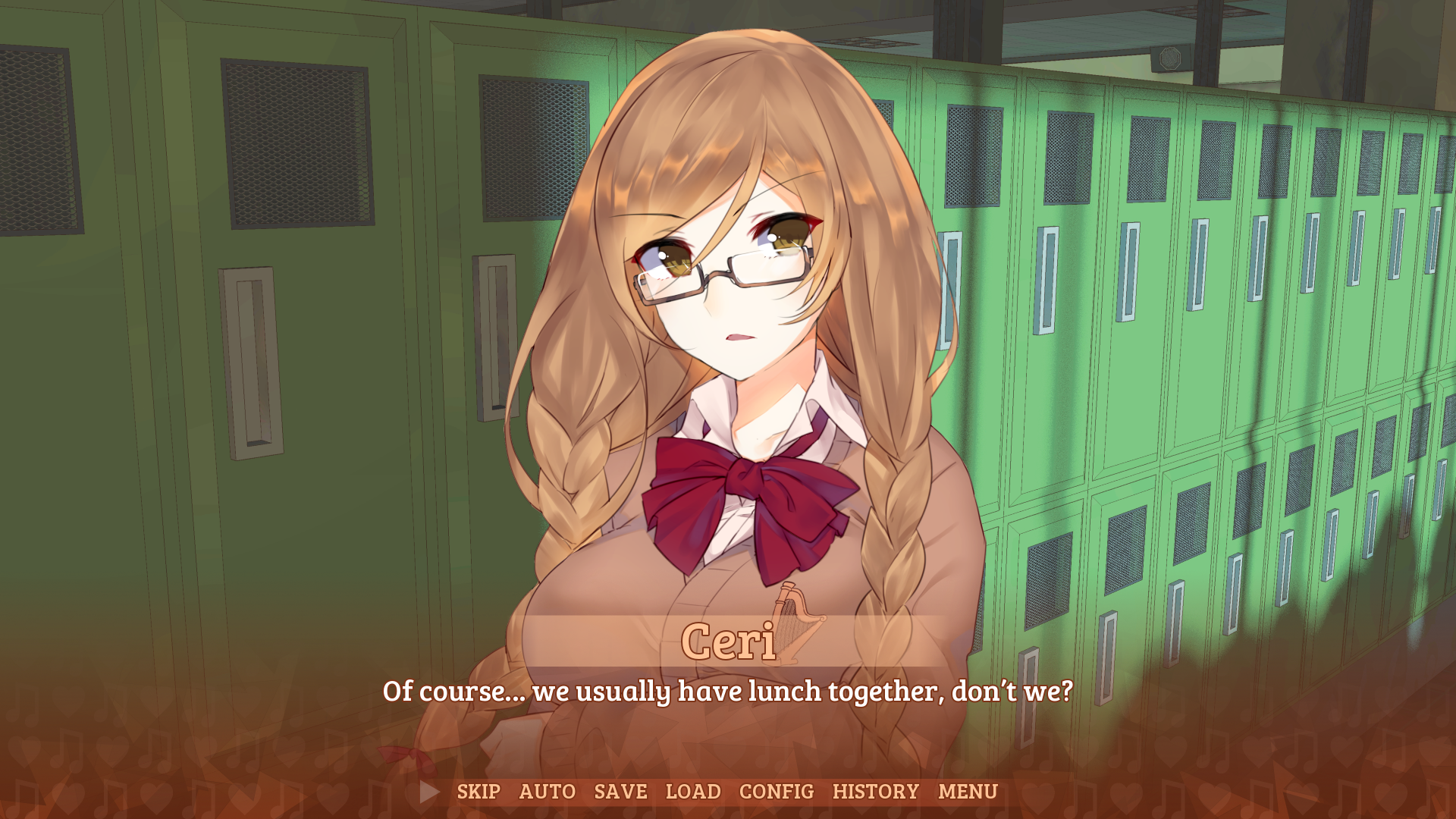
Sounds of Her Love
PL: For those who know your style of storytelling from SoHL, should they expect a very similar experience from your new game or is there something that might surprise them?
ds: People can hope to expect something similar in execution, but with Chemically Bonded a lot of the key parts have been done differently, which should hopefully surprise people and prove to be more enjoyable than what SoHL was. Looking back on it, there were plenty of issues with the story and the way it was written. I wanted to address these within Chemically Bonded as I didn't feel that they'd work out in a longer VN whereas they seemed to work given SoHL's short nature. Having two love interests too really changes the way the story has to be written, at least to include both girls into the main story without keeping their routes entirely separate.
Chemically Bonded is a lot more grounded in reality, I've tried to make the events that happen a lot more likely than what occurred in SoHL and Lost Impressions. There are no car accidents or tragic backstories, the romance isn't cliched as hell and the characters are a lot deeper than my previous works. The choices are a more vague too, rather than being predictable, so the routes and endings achieved should hopefully reflect the reader's instincts. I could go into a lot more detail, but to summarise I'd say people can expect a rather captivating romantic story like SoHL had, but will give people a chance to connect with more fledged characters and themes. That and the production quality is a lot better now we have the funding to do it, so, all in all, I think people who liked SoHL will appreciate Chemically Bonded much more. The story doesn't just end after a confession either, so I think people will appreciate that too.
PL: Assuming that Chemically Bonded meets your expectations when it goes to sales and general reception, do you have any specific plans for future VN projects?
ds: If it does, I'd like to continue making VNs at some point. I don't have any specific plans yet, and I feel like I'd need the time to really recoup interest in developing another project. I've always had on and off ideas for future VNs throughout developing all three, but when it comes down to creating something new I usually come up with a fresh idea and discard the old.
For a while, I promised a full sequel to Sounds of Her Love, and I did create plans for it, but I don't feel the need to rush into it after Chemically Bonded releases. I'd hope to branch out into different story genres, but even then I'd find it hard to escape producing romantic stories since that's what I've really become accustomed to at this point. Who knows? I might try developing two at once and see how that goes, or I might leave it at Chemically Bonded. I know for a fact that I won't be producing a sequel to it though. At the moment I stick to what I like to work on, which I think is what people should really follow when making any kind of creative project, not what the market expects.
PL: Thank you for your time!
I hope you all enjoyed the interview – it was definitely the most detail-heavy one so far and I've had some great time working on it. As always, all feedback will be highly appreciated. What more would you want to know about the devs I invite here? Are there any specific ones whose thoughts on certain topics you would like to hear? Let me know what you think and, once again, have a great weekend!

